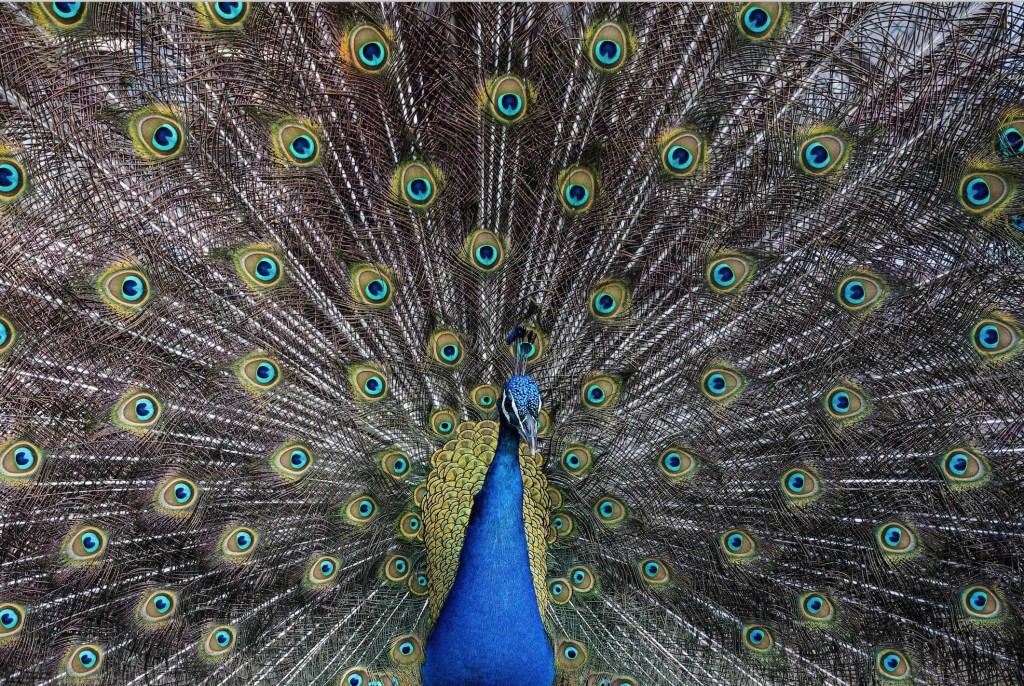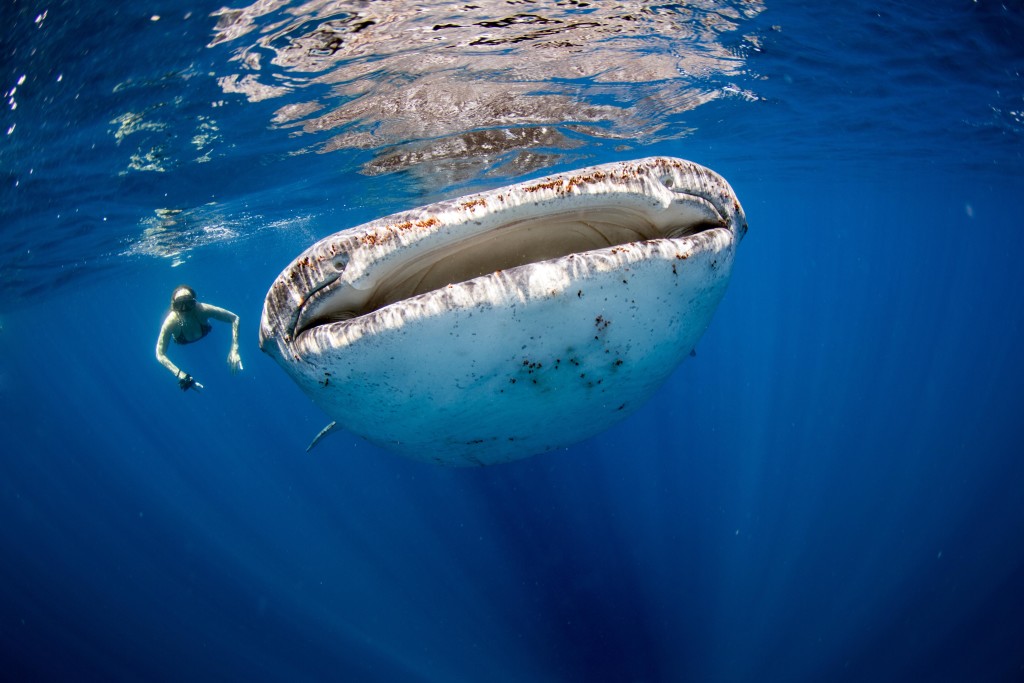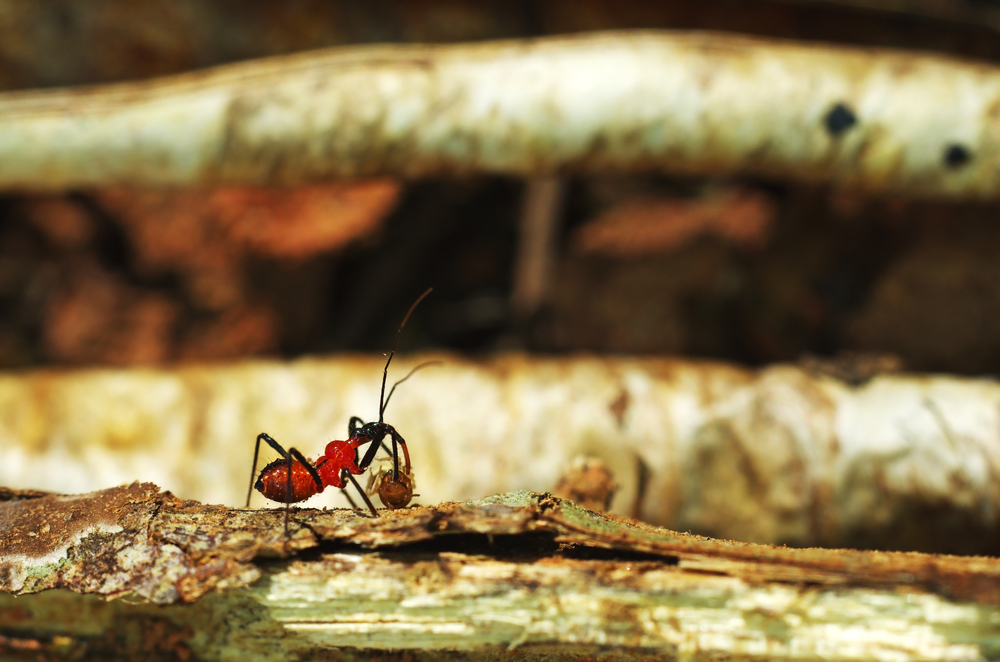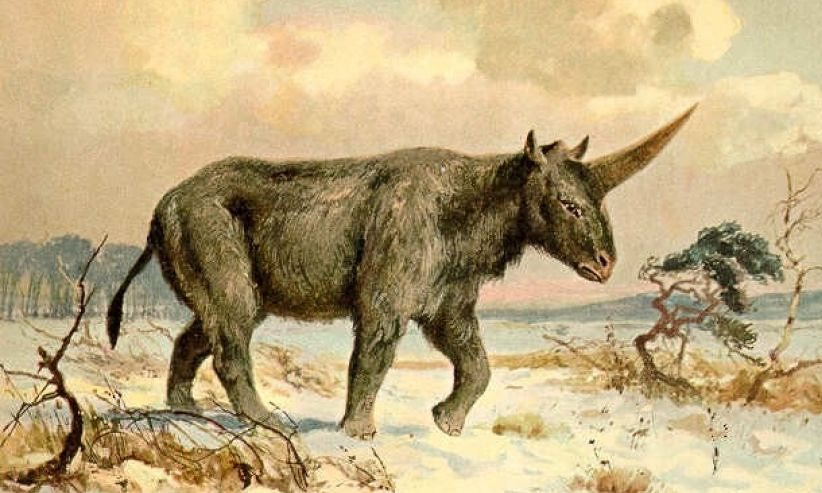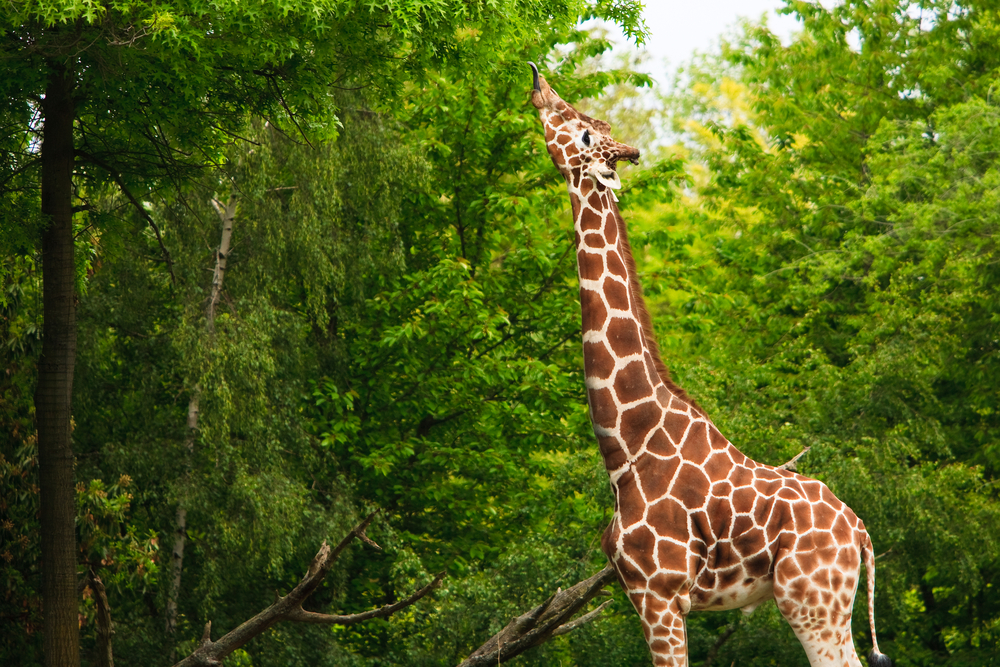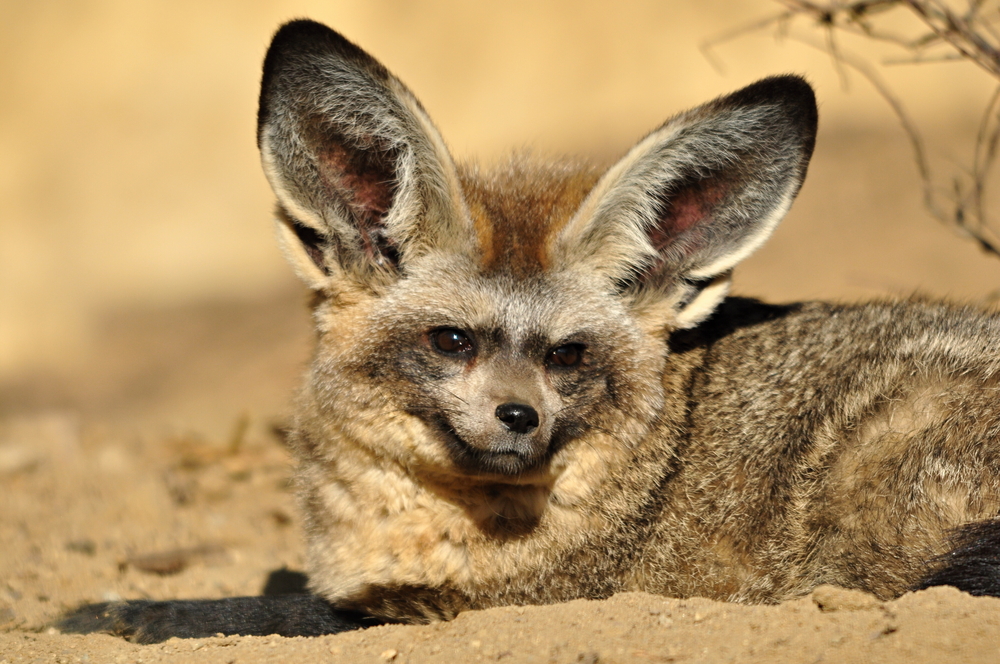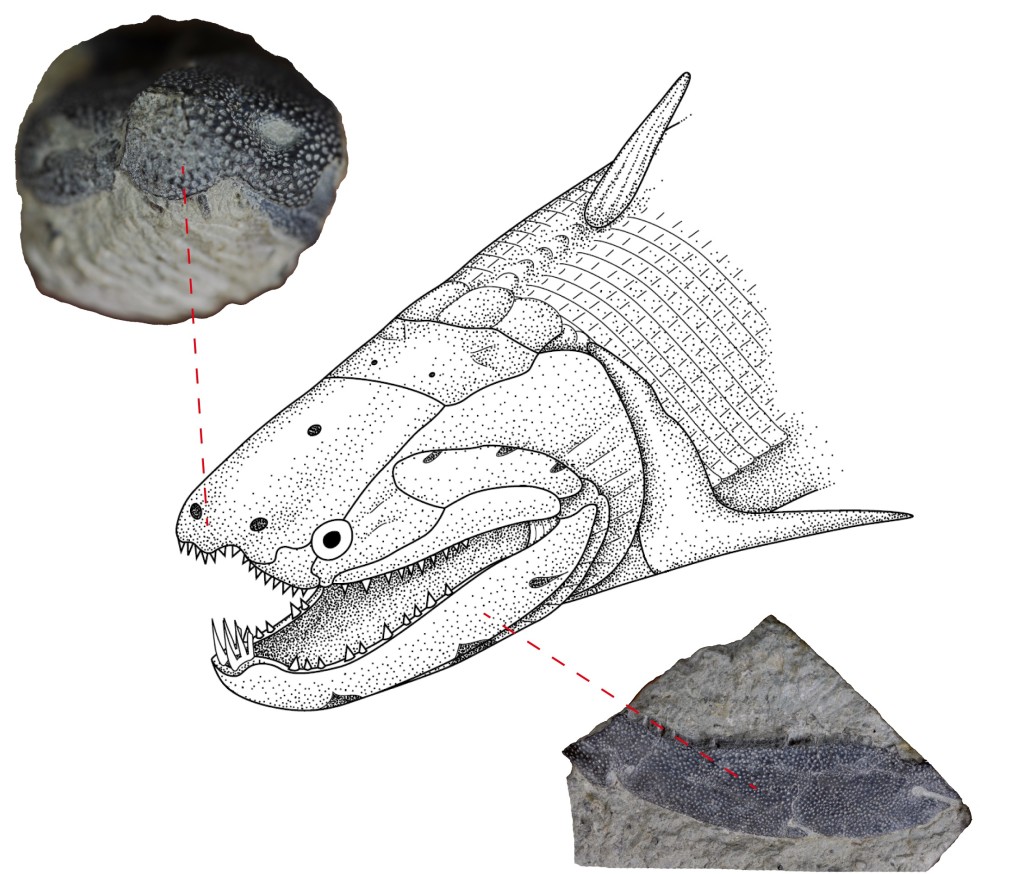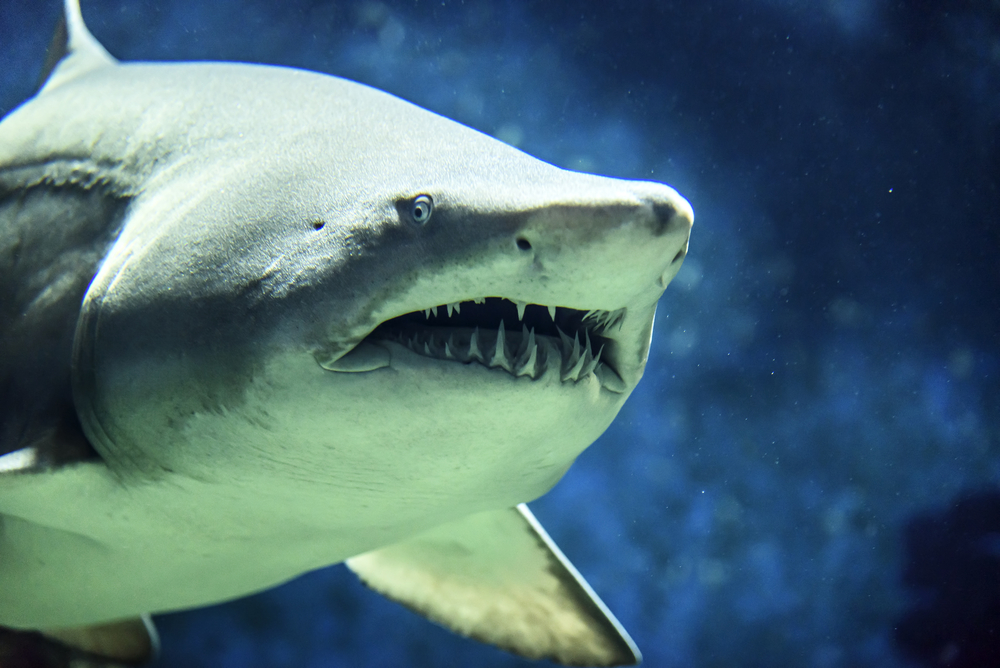From pharaohs to hairballs: How Cairo’s cats have evolved since ancient Egyptian times
Sure, there’s that segment of the population that have never warmed up to cats, but a lot of us out there have a weak spot for all things feline. Be it footage of lions roaming the plains or a YouTube video of a housecat riding a Roomba, face it, we’re more or less all suckers for … Continued
We asked an evolution expert what will happen to humanity after the apocalypse
It’s been portrayed in fiction, films, TV shows and video games. But if and when the apocalypse finally descends upon our humble Earth, what will actually happen to everyone? Will our great-great-great-grandkids survive a meteor collision like the one that killed the dinosaurs, or perish while a new species takes over? Could a few survivors … Continued
When evolution goes haywire: 5 examples of maladaptation in the animal kingdom
Many people perceive evolution as a process that continually creates improvement, making animals ever bigger, faster and stronger. However this is not always the case. During sexual reproduction random genetic mutations can occur—some of these mutations cause changes that adapt the animal for optimal survival in its environment. Some changes may be neutral, but some … Continued
Just how big can animals grow?
If you were to take a walk through North America a mere 10,000 years ago, there would have been an awful lot more animals with you on their menu. From giant sloths to short-faced bears, to perhaps even the 9ft-long (three metre) sabertooth salmon. If we think of big animals now, then our imagination takes … Continued
10 most unusual defence mechanisms found in Nature
Just as deadly predators have evolved ingenious ways to lure and catch their prey, so too have animals developed surprising and unexpected methods of escape. From fish that fly and lizards that squirt blood from their eyes, to insects that wear dead ants as a disguise. Welcome to the weird world of unusual defense mechanisms. … Continued
Cities: Evolutionary hot-spots for wildlife
When it comes to field visits, animal biologist and professor at Fordham University Jason Munshi-South doesn’t travel too far. In fact, his research sometimes takes him just as far as his backyard. ‘Our field sites are literally right outside our homes and universities,’ he explains, ‘I can squeeze in some trapping or other sampling in a city … Continued
The last unicorn
The skull of a mighty unicorn has just been discovered in Kazakhstan, which has forced scientists to rethink longheld theories about the survival of an extraordinary species, to look again at where it walked the Earth, and reassess how long it could have survived in some regions of the globe. The mythical sounding beast in … Continued
Eat your greens! The secrets to how herbivores grow so large
The largest land animal that ever lived was a vegetarian. When a local farmer stumbled upon a thighbone in Patagonia, he initially assumed it was a gigantic segment of petrified wood. But as paleontologists from around the world began to excavate, they found the fossilised remains of perhaps the largest animal species ever to walk … Continued
Serengeti: Evolution in action
The Serengeti is home to the greatest concentration of large mammals in the world. Spanning 30,000 square kilometres of Kenya and Tanzania, this is a true natural wonder, made all the more precious by wildlife declines elsewhere in Africa. Yet for the wildlife that calls the Serengeti home it can be a harsh and unforgiving … Continued
Did our tooth enamel evolve from fish scales?
Researchers cut up a 415 million year old fish fossil searching for the origin of the hardest-vertebrate tissue out there Sometimes evolutionary concepts can be hard to come to terms with. Take for example, the fact that land vertebrates arose from fish. This isn’t new information, but there’s a lot about this linkage that remains unknown, … Continued
How have sharks survived for 400 million years?
Sharks roamed the seas over 400 million years ago, before the dinosaurs. They’ve survived 5 mass extinctions and evolved into a perfect predator. So what has made them so successful?



